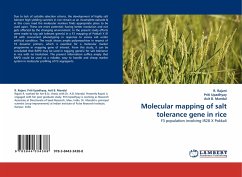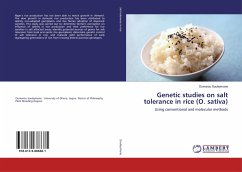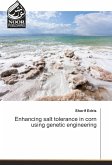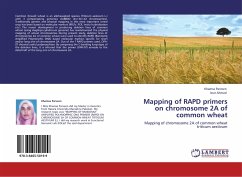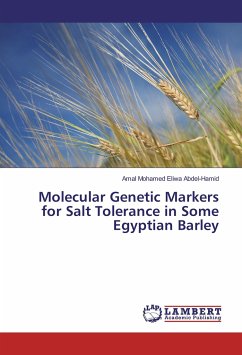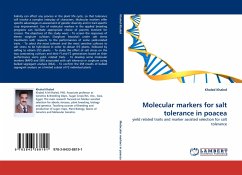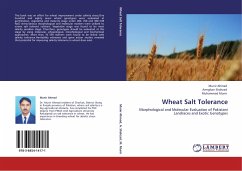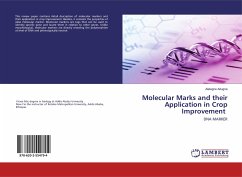Due to lack of suitable selection criteria, the development of highly salt tolerant high yielding varieties in rice remain as an incomplete episode & in this cross road the molecular markers finds appropriate place to be used upon. These are more potential; having better resolution and not gets affected by the changing environment. In the present study efforts were made to tag salt tolerant gene(s) in a F3 mapping of Pokkali X IR 28 with concurrent phenotyping in response to excess salt under artificial condition. The result shows ample polymorphism in respect of 10 decamer primers, which is essential for a molecular marker programme in mapping gene of interest. From this study, it can be concluded that RAPD may be used in tagging gene(s) for salt tolerance in rice with no hesitation. The present information suffice amply that RAPD could be used as a reliable, easy to handle and cheap marker system in molecular profiling of F3 segregants.

